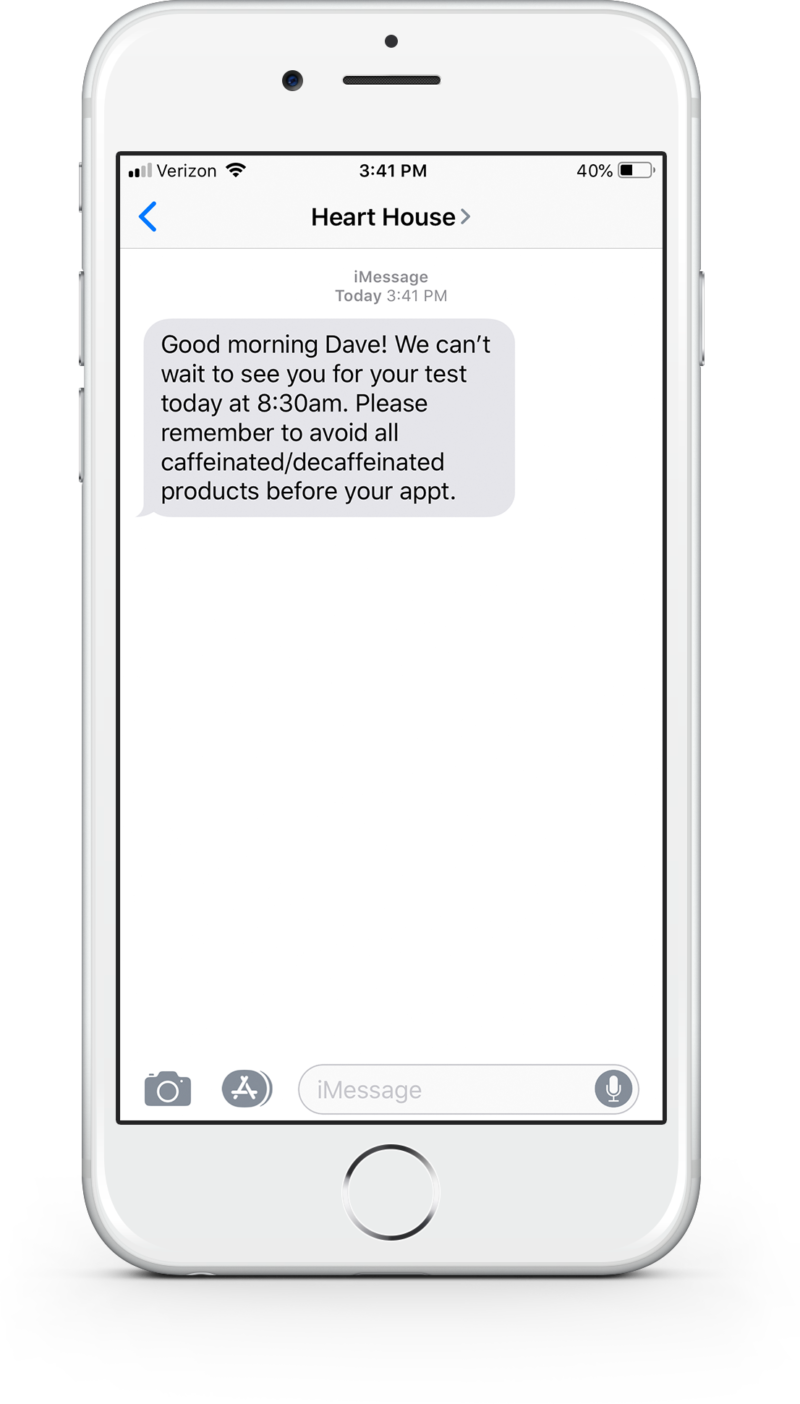Getting to Know the Healthcare Consumer of 2020
Like all other industries, the needs, concerns, and consumption habits of today’s healthcare consumer have gotten more sophisticated, complex and discerning. In a culture that’s shifting more and more to a focus on everyday and long-term holistic wellness, and a political climate that’s placed current healthcare practices under a larger and larger microscope, today’s patient demands more engagement, accountability, and buy-in from their PCPs and specialists. Unfortunately, however, care providers don’t seem to be getting the memo (or page, for the 80 percent of doctors who still use pagers). Data from Kaufman Hall indicates that only eight percent of US hospitals and health systems demonstrate strong consumer-centric performance.
As competition in the healthcare industry moves from providers “fighting amongst themselves” to the gold-paved streets of Silicon Valley, the brick and mortar of Best Buy and Walmart, and other direct-to-consumer entities, it’s critical that hospital systems and other HCPs catch up… and quick.
So what does the healthcare consumer of 2020 actually want?
Meet today’s healthcare consumer: intelligent, articulate, aware, armed with a smartphone, protein bar, and water bottle that seems to be glued to their hand. They have 24-7 concerns about their health, and they seem determined to divorce themselves from the epidemic of high blood pressure, obesity, high cholesterol and other American healthcare crises, and they expect their doctors to be with them every step of the way.
To quantify the entirety of the average modern healthcare consumer’s wants is admittedly difficult. Each specific patient desires their own care experience; however, there are some universal needs that are specific to today’s healthcare consumer:
Personalization and holistic treatment
While healthcare has evolved, somewhat, to include a degree of personalization, it just hasn’t gone far enough. Patients are looking for dialogue and engagement with their physicians beyond their immediate conditions to long-term partnership in the management of their overall health. Personalization encompasses a broad range of variables, including immediate medical diagnoses, associated conditions, personality, culture, values everyday experiences and multiple other factors that can play a role in overall health, but never find their way into the average doctor-patient conversation.
Digital engagement
The medium is the message. Patients expect their care providers to modernize their engagement tools so they can have quicker and more consistent communication opportunities. Whether this means increasing telemedicine capabilities, streamlined appointment scheduling and prescription filling, apps for disease management and support, or personalized concierge programs, these tools are critical for continued and increasing patient satisfaction. For example, in 2019, 70 percent of patients are more likely to choose a healthcare provider that offers reminders for follow-up care via email or text, compared to 57 percent in 2016. Data from Kaufmann indicates that while 42 percent of current healthcare providers see digital engagement as a high priority, only four percent have the immediate capabilities to properly implement it.

Affordability, service, and convenience
Rising healthcare costs continue to be a concern for patients across the country. They’re not looking for free healthcare; they’re looking for economically rational coverage that offers choice. They’re also looking for convenience and customer service in each stage of interaction with their provider and the provider’s staff. Data from Accenture Strategy indicates that patients want traditional retail-medicine service with a digital edge. Over 60 percent of patients surveyed in their recent study said they would switch their healthcare providers for the ability to get an appointment quickly when needed. Over 50 percent said that they would make a change to get an appointment at a convenient location. And finally, the kicker: just over half said they would readily switch healthcare providers for great customer service.
What healthcare consumers want versus what they’re getting
There remains a clear and demonstrable disconnect between what patients say they’re getting and what healthcare providers think they’re giving. Additional data from Kaufman Hall reveals that only 30 percent of health care organizations in their survey have instituted tools or practices in customer experience. At the same time, Prophet reports that 81 percent of consumers are unsatisfied with their healthcare experience, and the happiest consumers are those who interact with the system the least.
What can we learn?
When we aggregate the major needs and habits of today’s healthcare consumer, we see problems best solved by interventions that blend digitization, personalization, convenience, and consistency; sound like anyone you know? GoMo Health has been working with leading hospital and health systems to provide digital tools that allow patients to regularly communicate with their providers, get critical education and support in their everyday health issues, and leverage mobile technology to empower themselves in the management of their conditions.
Reach today’s healthcare consumer
We’re ready to help your practice or system satisfy the unique need and ever-evolving needs of the 2020 healthcare consumer. Schedule a consult today to learn more about what we can do for you.






Find Us Online